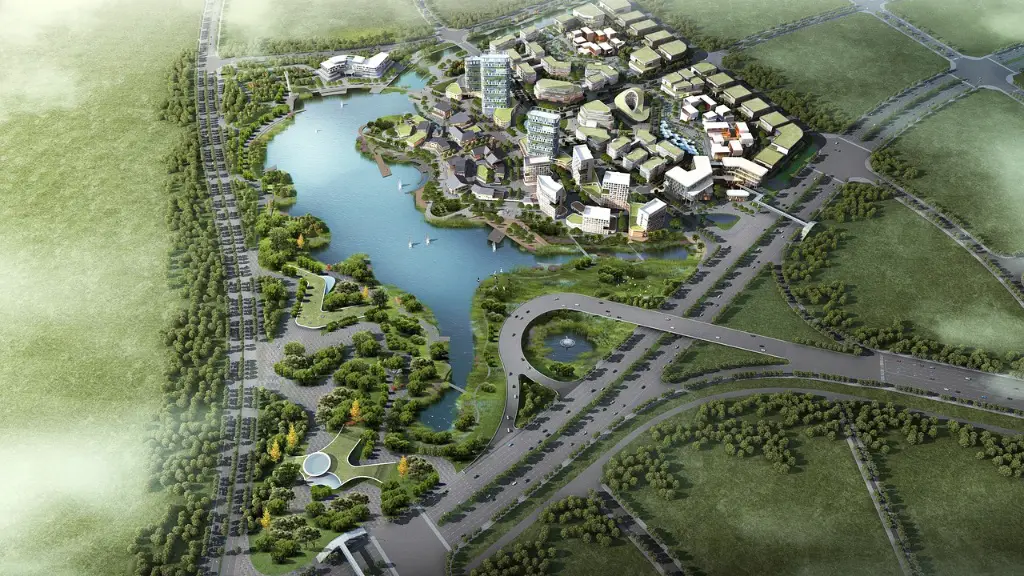With new, innovative technologies and an increasingly damage-prone natural environment, global warming is a genuine concern. Scientists, lawmakers and educators are tackling the problem head-on, trying to find solutions and prevent further catastrophes. One of the most pressing topics being investigated around the world is how global warming affects hurricane patterns. While some are convinced the two are linked, others are still uncertain of the direct implications.
On one hand, some experts agree that global warming has an influence on the severity and frequency of hurricanes. Warmer ocean conditions mean that there is an increase in evaporation, leading to intense thunderstorms and heavy rainfall. An increase of just 1.5℃ in the ocean can be enough to drive up the atmospheric pressure and to fuel the development of giant hurricanes. This is believed to be the case for hurricanes such as Katrina, which caused catastrophic flooding throughout the Gulf Coast.
Furthermore, the Arctic region’s sea ice levels have decreased significantly over the past decade due to climate change, arguing in favor of the direct influence of global warming on hurricane patterns. With less ice to deflect the sun’s rays, these areas warm up quickly, becoming breeding grounds for hurricanes. Moreover, the lack of ice along the Arctic Circle causes the jet stream, a high-altitude current of air, to meander and weaken, which can cause hurricanes to travel further and remain around for longer; this was reportedly the case for Harvey, another huge hurricane in 2017.
On the other hand, many dispute the implications of global warming on hurricanes, claiming there are only minute linkages between the two, if any at all. Hurricanes have been around for centuries, ebbing and flowing in intensity year after year and any increment in their frequency cannot directly be attributed to global warming. Storms like these depend on a very intricate and complex set of conditions, such as the oceanic temperature and the presence of a Coriolis effect, which are modified but only slightly by global warming.
Moreover, many claim that increased coastal development, urbanization and overpopulation might be the bigger cause of a rise in hurricane intensity. The concrete and steel structures that we build to house our burgeoning numbers magnify the destructive impact of hurricanes, making them stronger than they would be in open, natural environments. This could explain why areas that have seen a rise in population growth tend to be more vulnerable to hurricanes than rural ones.
In conclusion, global warming may have effects on hurricane patterns, although the evidence is inconclusive and the topic remains subject of both scientific and public debate. It is intangible whether global warming is directly to blame for an increase in hurricanes or if its impact is largely overshadowed by other environmental factors. As such, governments municipalities and experts must continue to conduct research to assess the actual role climate change plays in our hurricane scenarios and mitigate potential impacts.

